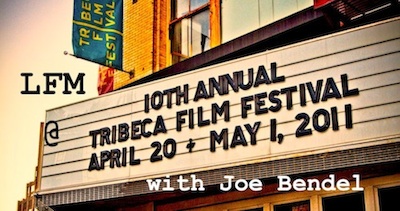By Joe Bendel. Would you buy a second-hand heart from this man? Yankele Bride genuinely wants to make love connections, even for those who cannot afford to pay. Of course, the dodgy contraband in the storeroom is another question altogether. 1968 proves to be a tumultuous year for Bride and his adolescent assistant in Avi Nesher’s The Matchmaker, one of the highlights of the 2011 Israel Film Festival in New York.
Bride was literally scarred by his time in the concentration camps, yet he still believes in love. He is a realist though, telling his clients he “gets them what they need, not what they want.” Despite his many dubious enterprises, he scours the neighborhoods looking for the marginalized in need of his match-making help. That is how Arik Burstein initially encounters him. Fatefully, Burstein’s attempt at a practical joke at Bride’s expense backfires when it turns out he is a long lost classmate of his Romanian émigré father, Yossi. Before he knows it, young Burstein is working as Bride’s assistant, which largely involves trailing prospective clients to make sure they are on the up-and-up.
Although romance is Bride’s business of choice, he must settle for a close but chaste friendship with Clara, the love of his life, who remains profoundly haunted by her Holocaust experiences. In contrast, Burstein struggles against his attraction to Tamara, his best friend Benny Abadi’s sultry hippy cousin, who finds herself spending her summer with the Jewish Iraqi family.
Continue reading LFM Review: The Matchmaker @ The Israel Film Festival in New York



